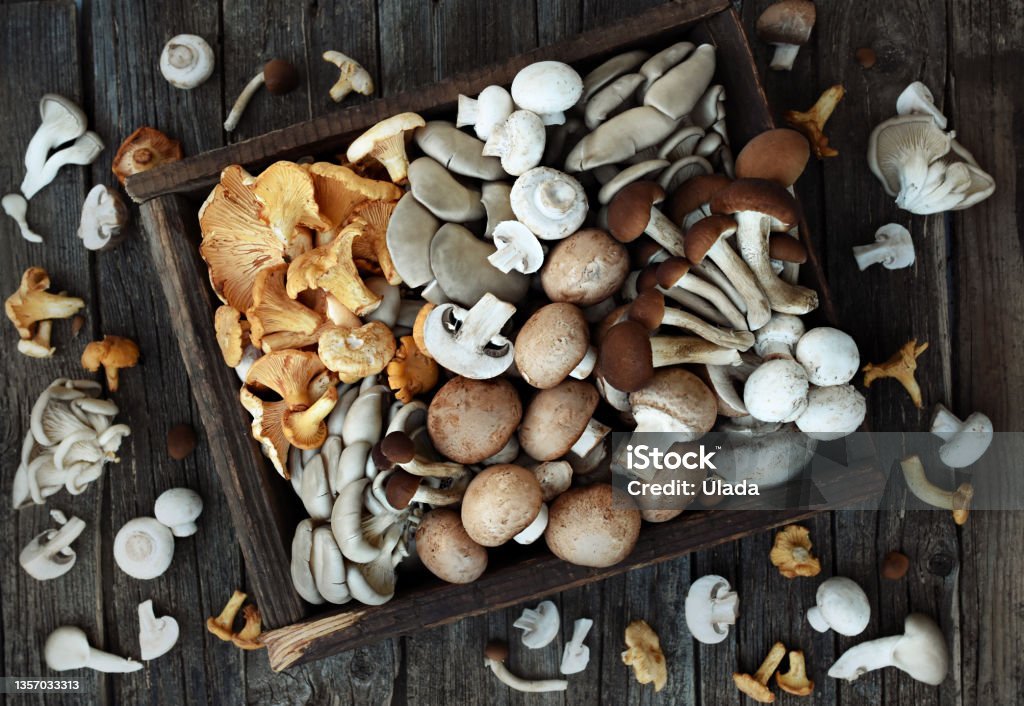Mushrooms can be poisonous. Some are. About 250 species of wild mushrooms found in North America are poisonous. Many more can cause varying degrees of adverse health effects. The BC Drug & Poison Information Centre reports on average 200 calls per year related to wild mushroom exposures. So don’t trust many mushrooms in the wild!

Unlike plants that rely heavily on direct sunlight for photosynthesis, mushrooms do not require direct sunlight. In fact, excessive exposure to direct sunlight or full sun can be detrimental to their development. The ideal lighting condition for mushrooms is often described as mimicking natural daylight.
Three ounces of raw mushrooms, about 1 cup, provide 1 to 2 grams of protein. Mushrooms contain an indigestible carbohydrate called chitin that contributes “bulk” to our diet. Mushrooms contain high amounts of selenium, vitamin D, and vitamin B6 Aswell. Selenium can help prevent cell damage in our bodies, vitamin D helps with cell growth, and vitamin B6 helps our bodies form red blood cells. All of these nutrients in mushrooms help to maintain a healthy immune system.